Related Research Articles
"Heart of Oak" is the official march of the Royal Navy. It is also the official march of several Commonwealth navies, including the Royal Canadian Navy and the Royal New Zealand Navy. It was also the official march of the Royal Australian Navy, but has now been replaced by the new march, "Royal Australian Navy".
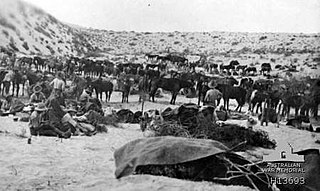
The Battle of Romani was the last ground attack of the Central Powers on the Suez Canal at the beginning of the Sinai and Palestine campaign during the First World War. The battle was fought between 3 and 5 August 1916 near the Egyptian town of Romani and the site of ancient Pelusium on the Sinai Peninsula, 23 miles (37 km) east of the Suez Canal. This victory by the 52nd (Lowland) Division and the Anzac Mounted Division of the Egyptian Expeditionary Force (EEF) over a joint Ottoman and German force, which had marched across the Sinai, marked the end of the Defence of the Suez Canal campaign, also known as the Offensive zur Eroberung des Suezkanals and the İkinci Kanal Harekâtı, which had begun on 26 January 1915.
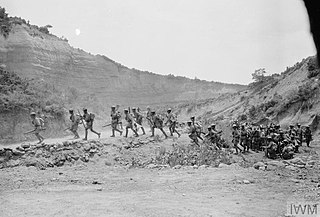
The Battle of Gully Ravine (Zığındere) was a World War I battle fought at Cape Helles on the Gallipoli peninsula. By June 1915 all thoughts the Allies had of a swift decisive victory over the Ottoman Empire had vanished. The preceding Third Battle of Krithia and the attack at Gully Ravine had limited objectives and had much in common with the trench warfare prevailing on the Western Front. Unlike previous Allied attacks at Helles, the Gully Ravine action was largely successful at achieving its objectives, though at a typically high cost in casualties.
In the music of Ireland, Irish rebel songs refer to folk songs which are primarily about the various rebellions against English Crown rule. Songs about prior rebellions are a popular topic of choice among musicians which supported Irish nationalism and republicanism. In the 20th and 21st centuries, Irish rebel songs focus on physical force Irish republicanism in the context of the Troubles in Northern Ireland.

"Hail, Columbia" is an American patriotic song and ceremonial entrance march of the vice president of the United States. It was originally considered to be one of the unofficial national anthems of the United States until 1931, when "The Star-Spangled Banner" was named as the official national anthem. Columbia is the name for the national personification of the United States which originated during the 18th century.

"The Bonnie Blue Flag", also known as "We Are a Band of Brothers", is an 1861 marching song associated with the Confederate States of America. The words were written by the entertainer Harry McCarthy, with the melody taken from the song "The Irish Jaunting Car". The song's title refers to the unofficial first flag of the Confederacy, the Bonnie Blue Flag. The left flag on the sheet-music is the Bonnie Blue Flag.

Rowing is the act of propelling a human-powered watercraft using the sweeping motions of oars to displace water and generate reactional propulsion. Rowing is functionally similar to paddling, but rowing requires oars to be mechanically attached to the boat, and the rower drives the oar like a lever, exerting force in the same direction as the boat's travel; while paddles are completely hand-held and have no attachment to the boat, and are driven like a cantilever, exerting force opposite to the intended direction of the boat.

A coping saw is a type of bow saw used to cut intricate external shapes and interior cut-outs in woodworking or carpentry. It is widely used to cut moldings to create coped rather than mitre joints. It is occasionally used to create fretwork though it is not able to match a fretsaw in intricacy of cut, particularly in thin materials. Coping saw blades are always thicker and much coarser cutting than typical fretsaw blades and many others of its family members. Coping saws can however cut slight bends in the work, allowing circles to be cut if used carefully.
In competitive rowing, the following specialized terms are important in the corresponding aspects of the sport:

Brendan Benson is an American musician and singer-songwriter. He plays guitar, bass guitar, keyboard, and drums. He has released eight solo albums and is a member of the band The Raconteurs.
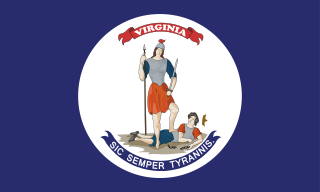
The 33rd Virginia Infantry Regiment was an infantry regiment raised in the Commonwealth of Virginia for service in the Confederate States Army during the American Civil War. It was a part of the famed "Stonewall Brigade," named for General Stonewall Jackson.
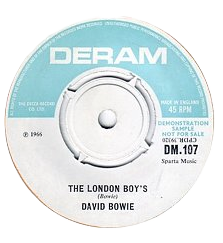
"The London Boys" is a song by English musician David Bowie. It was first released as the B-side of the single "Rubber Band" in the United Kingdom on 2 December 1966. It was originally written and demoed in 1965 with the Lower Third for potential release as the artist's debut single for Pye Records but it was rejected. After a year of rewrites, he recorded a new version with a new band, the Buzz, which helped secure him a record contract with Decca-subsidiary Deram Records. Unlike the A-side, "The London Boys" retains the Mod feel of Bowie's previous singles. The dark lyrics concern a 17-year-old girl who left home for London. As she wants to get to know the London boys, she turns to take pills to fit in. Like his previous singles, it failed to chart. Decca later issued it as an A-side in 1975.
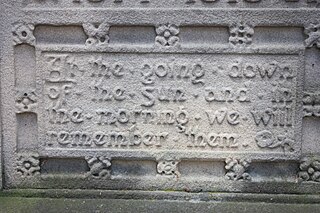
"For the Fallen" is a poem written by Laurence Binyon. It was first published in The Times in September 1914.

The Battle of Moreuil Wood was an engagement of World War I that took place on the banks of the river Avre in France, where the Canadian Cavalry Brigade attacked and forced the German 23rd Saxon Division to withdraw from Moreuil Wood, a commanding position on the river bank. While the Germans ultimately succeeded in recapturing the wood by the battle's end, the delay caused by the Allies contributed to the halt of the Spring Offensive. During the battle, a Victoria Cross was awarded to Canadian Gordon Flowerdew of Lord Strathcona's Horse.
The Boys of the Old Brigade is an Irish rebel song written by Paddy McGuigan about the Irish Republican Army of the Irish War of Independence (1919-1921), and the anniversary of the 1916 Easter Rising.

The Battle of Famars was fought on 23 May 1793 during the Flanders Campaign of the War of the First Coalition. An Allied Austrian, Hanoverian, and British army under Prince Josias of Saxe-Coburg-Saalfeld defeated the French Army of the North led by François Joseph Drouot de Lamarche. The battle occurred near the village of Famars in northern France, five km south of Valenciennes.
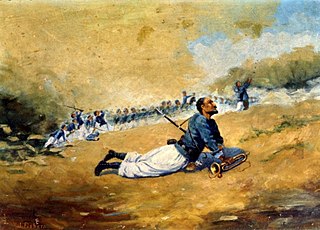
Louisiana Tigers was the common nickname for certain infantry troops from the State of Louisiana in the Confederate army during the American Civil War. Originally applied to a specific company, the nickname expanded to a battalion, then to a brigade, and eventually to all Louisiana troops within the Army of Northern Virginia. Although the exact composition of the Louisiana Tigers changed as the war progressed, they developed a reputation as fearless, hard-fighting shock troops.
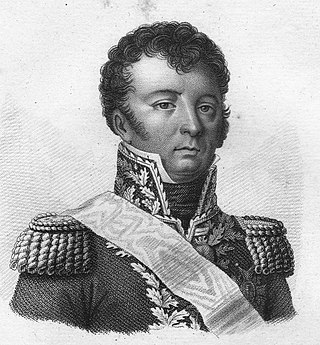
The Battle of Alkmaar was fought on 2 October 1799 between forces of the French Republic and her ally, the Batavian Republic under the command of general Guillaume Marie Anne Brune, and an expeditionary force from Great Britain and her ally Russia, commanded by Prince Frederick, Duke of York and Albany in the vicinity of Alkmaar during the Anglo-Russian invasion of Holland. Though the battle ended in a tactical draw, the Anglo-Russians were in a position at the end of the battle that favored them slightly in a strategic sense. This prompted Brune to order a strategic withdrawal the next day to a line between Monnickendam in the East and Castricum in the West. There the final battle of the campaign would take place on 6 October.
Henry Monckton was the fourth son of John Monckton, 1st Viscount Galway, and the younger half-brother of the more famous Robert Monckton.
Hasta Vinyasas are a set of yoga vinyasas which primarily involve movement of the arms.
References
- ↑ Richards, Jeffrey (2001). Imperialism and music: Britain, 1876-1953. Manchester University Press. ISBN 0 7190 6143 1.